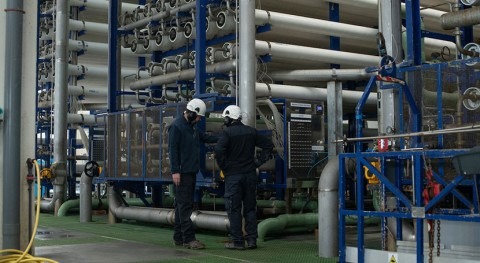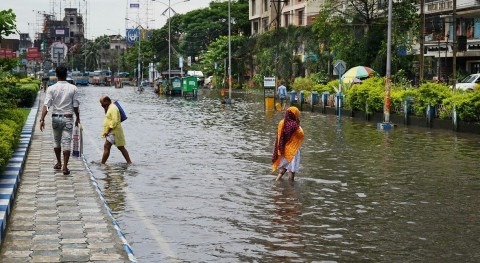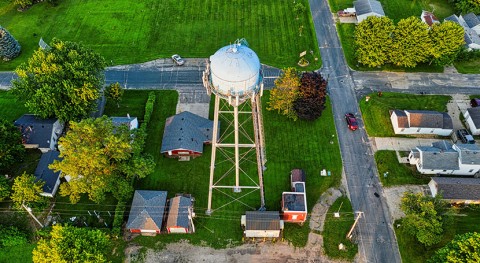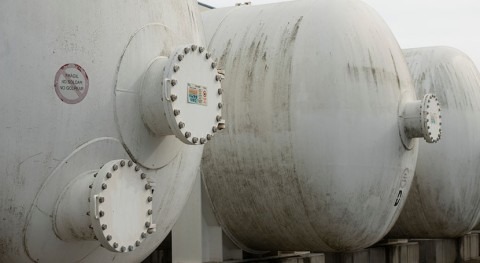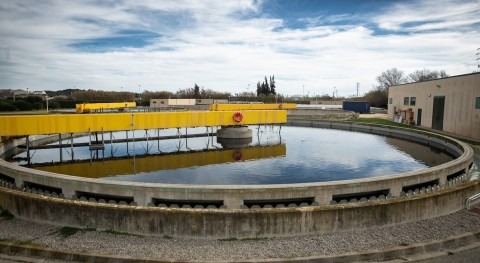Coastal cities around the world are sinking, with groundwater extraction and the weight of infrastructure as contributing factors. A new article in CodeBlue explores the concept of floating cities as a possible solution, provided they can be built without harming the ocean ecosystem.
The problem of land subsidence, which has seen coastal areas sink by up to 9 metres in the 20th century, is particularly concerning because it affects cities where nearly 20 per cent of the world’s urban population lives, in areas which are also vulnerable to sea level rise.
With almost half of the largest coastal cities sinking at a rate faster than 10 mm per year, there is an urgent need for viable solutions. While past efforts have focused on coastal defences, the combination of subsidence and sea level rise poses significant challenges, and relocation is increasingly being considered as an option.
This is where the notion of floating cities comes in as a way to deal with sea level rise, land subsidence, and urban expansion. Floating villages exist in South East Asia and proposals for cities on the sea have been explored for decades, even at the United Nations. The design options include pontoon structures that float on the surface and semi-submersible structures similar to oil rigs. This year construction should begin on Oceanix Busan, in South Korea, a pontoon-based floating city which aims to be sustainable, with zero waste, closed-loop water systems, clean energy, and support for food production.
However, the development of floating cities also raises concerns about their impact on the marine environment, including disturbance of seafloor communities, changes in water flow, shading of the waters and seafloor below, and light pollution. Research and collaboration with ecologists and restoration practitioners are necessary to support the sustainability of floating cities. However, compared to artificial islands, floating cities are expected to have less of an impact on the sea bed, as the don't require extensive seafloor scaffolding. Further research will be necessary to determine the viability and ecological impacts of floating cities as a potential adaptation solution for sinking coastal cities.












